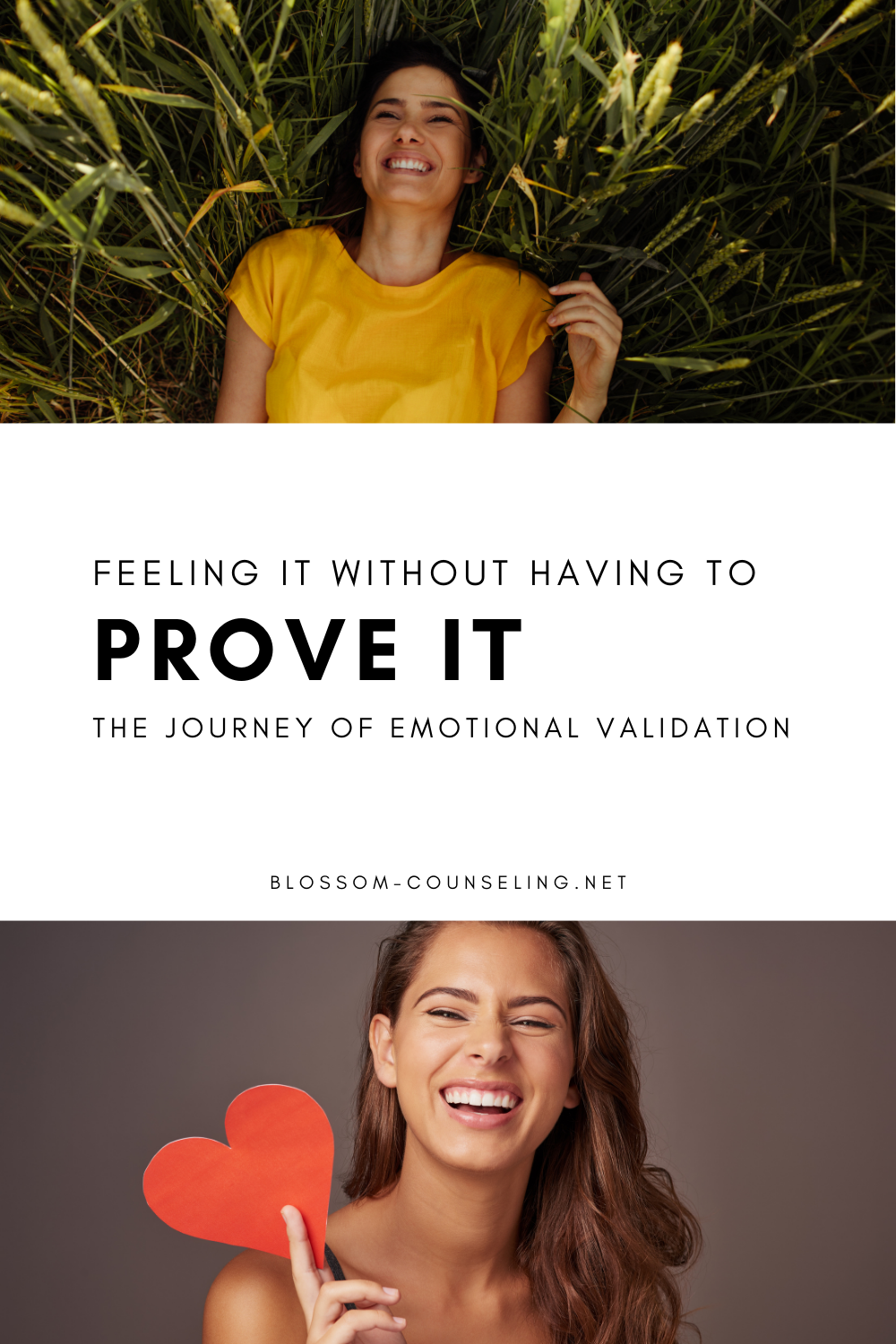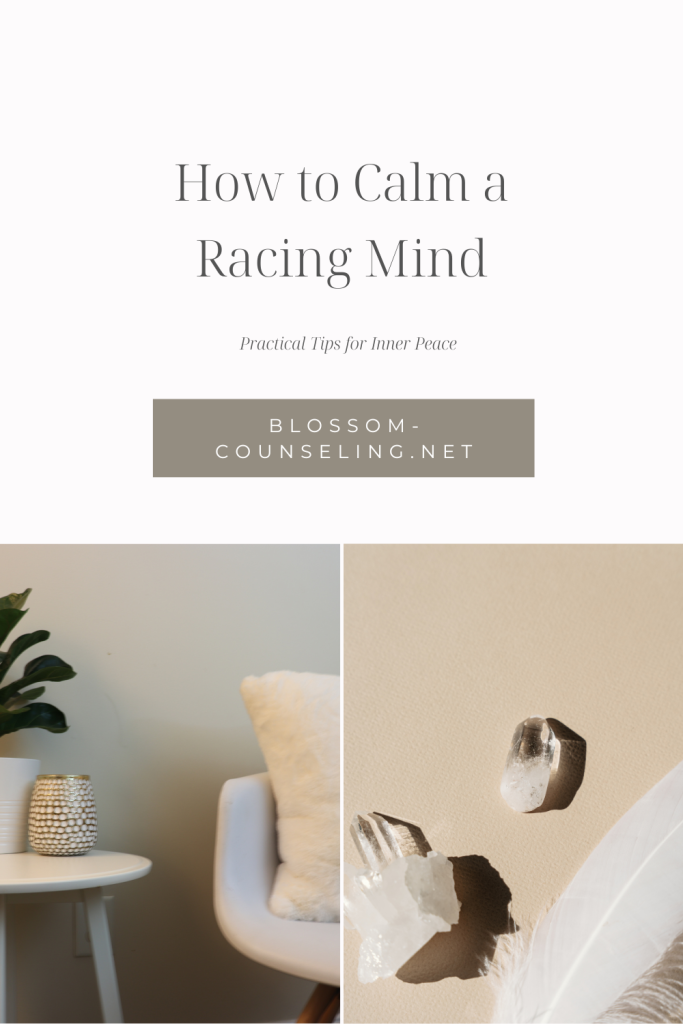
In the swirling whirlpool of our daily lives, amidst the rush of obligations and the ever-persistent hum of social media notifications, there’s a quiet but profound quest for emotional validation. It’s human nature to seek confirmation that our feelings are justified, understandable, or, at the very least, shared by someone else. But here’s a little secret that might just change your perspective: you don’t always need to validate your feelings to legitimize them.
Emotional validation is akin to seeking a stamp of approval on your feelings, a confirmation that what you’re experiencing is valid, reasonable, or normal. While it’s undoubtedly comforting to receive this acknowledgment, anchoring your emotional well-being solely on external validation can be akin to building your house on shifting sands—unstable and unpredictable.
The Inner Compass of Self-Validation
Consider, for a moment, the concept of self-validation. It’s the art of acknowledging and accepting your own emotions without an external checklist. Self-validation teaches us that our feelings are valid simply because we feel them. This doesn’t mean we act on every impulse. Rather, it’s about giving ourselves permission to feel without immediately seeking an external “okay.”
The Tyranny of the “Shoulds”
How often have we told ourselves, “I shouldn’t feel this way,” based on a set of arbitrary standards? This internal narrative is a sign that we’re seeking validation for our feelings, measuring them against what we believe is socially acceptable or expected. But emotions are not items to be judged as “appropriate” or “inappropriate.” They are indicators, signals, and sometimes, alarms that guide us to deeper understanding and growth.
Emotional Autonomy: The Path Less Validated
Embracing your emotions without always seeking validation is an act of courage. It’s a journey towards emotional autonomy, where the need for external affirmation fades into the background, and the focus shifts to internal wisdom and self-trust. This doesn’t imply isolation or disregarding the input of loved ones. Instead, it’s about finding a balance, where external validation is a bonus, not a necessity.
The Science of Emotions: More Than Just Feelings
Emotions are not just fleeting states of mind. They are complex physiological responses to our environment, informed by past experiences, personal values, and countless other factors. Acknowledging this complexity can free us from the oversimplification of needing our feelings to be validated by others.
Creating Space for Emotional Exploration
Fostering an environment where you can explore your emotions without judgment or the need for external validation is key. This might mean journaling your feelings, engaging in mindfulness practices, or simply allowing yourself to sit with your emotions, observing them without immediate analysis or judgment.
Navigating the Waters of Self-Validation
The journey towards less reliance on external validation is unique for everyone. It might start with recognizing when you’re seeking validation and gently reminding yourself that your emotions are valid in their own right. It could involve cultivating a supportive inner dialogue that encourages self-compassion and understanding.
Emotional Validation in Therapy
In therapeutic settings, the focus is often on helping individuals develop tools for self-validation. It’s about creating a space where all emotions are welcome, and the process of understanding them doesn’t hinge on external approval. Therapy can be a sanctuary for learning to navigate the complexities of our emotional landscapes, guided by professionals who understand the intrinsic value of each feeling.
Your emotions are a fundamental part of who you are. They don’t need to be validated by anyone else to be real, important, or worthy of attention. Learning to trust in your own emotional responses is a powerful step towards authentic living and well-being. Remember, it’s okay to feel what you’re feeling. Your emotions don’t need a validation ticket to be allowed on the journey—they’re already valuable passengers, contributing to the rich tapestry of your human experience.
|
|
Our team of compassionate therapists is here to help you find the support you need. We believe in a holistic approach, treating your mind, body, and spirit. With a blend of traditional and alternative therapies, we tailor your experience to meet your unique needs. At Blossom, we create a non-judgmental space where you can be your authentic self. Our goal is to empower you, amplify your strengths, and help you create lasting change. Together, we’ll navigate life’s challenges and help you bloom, grow, blossom! You deserve to become the best version of you.




